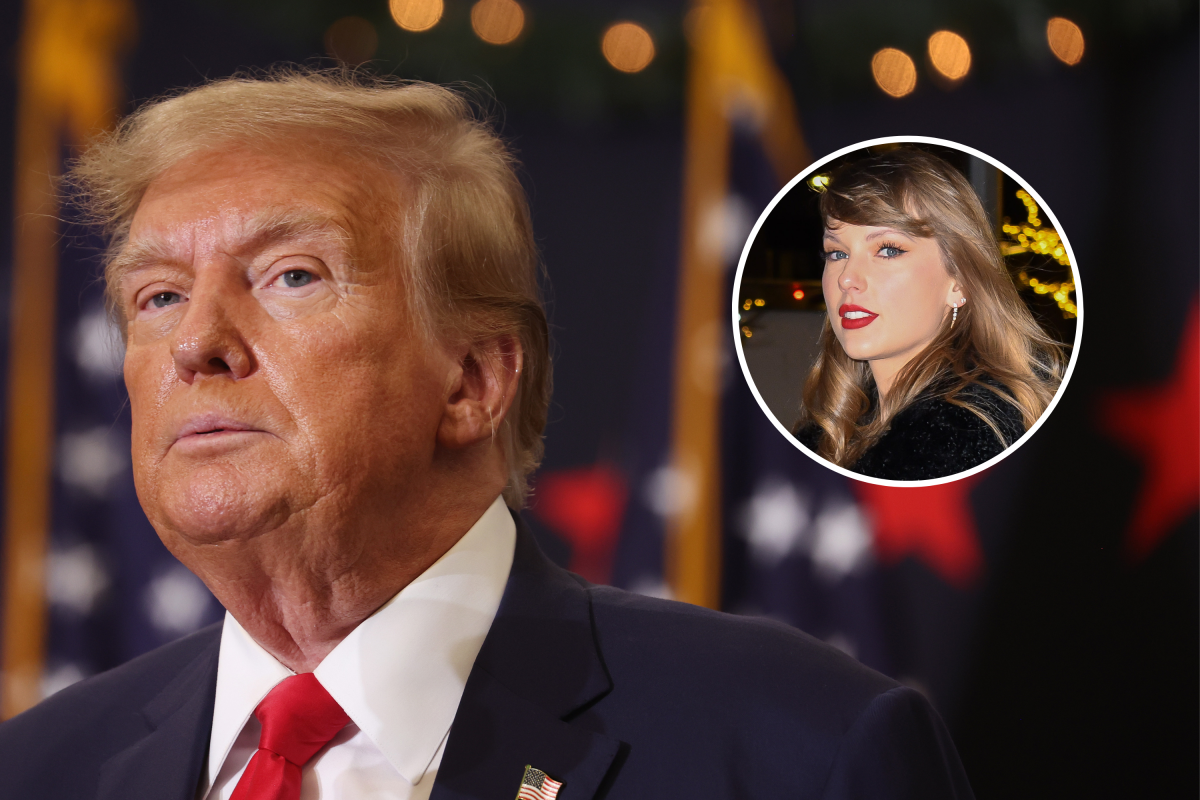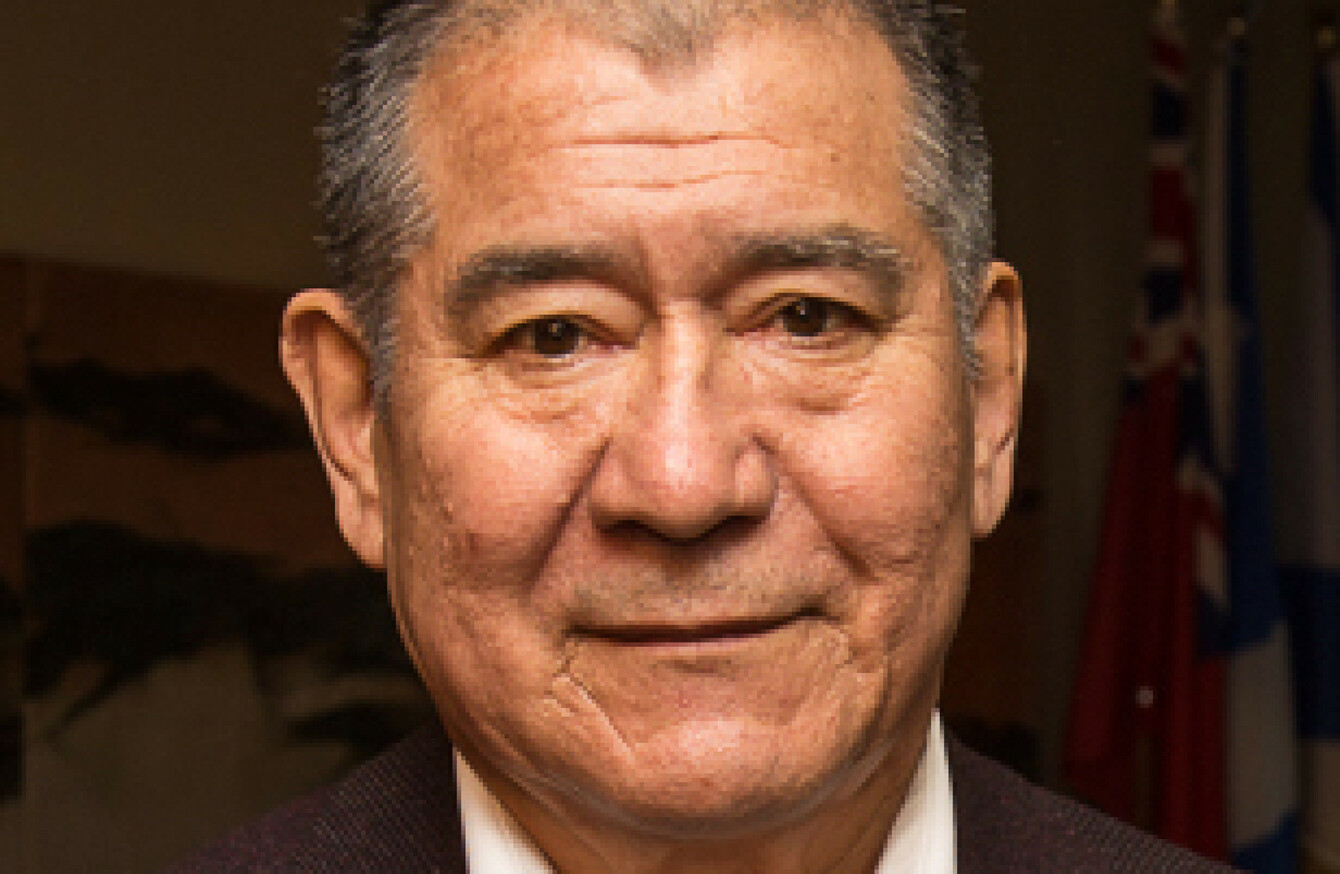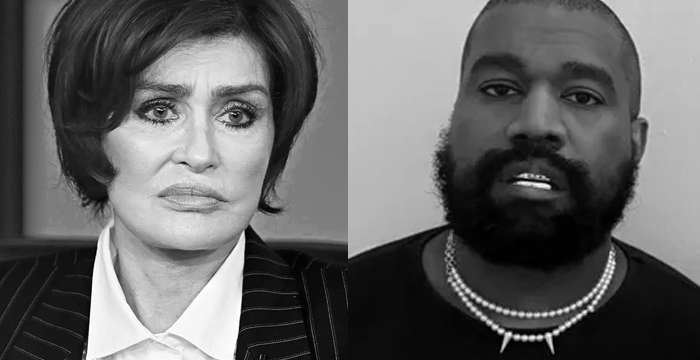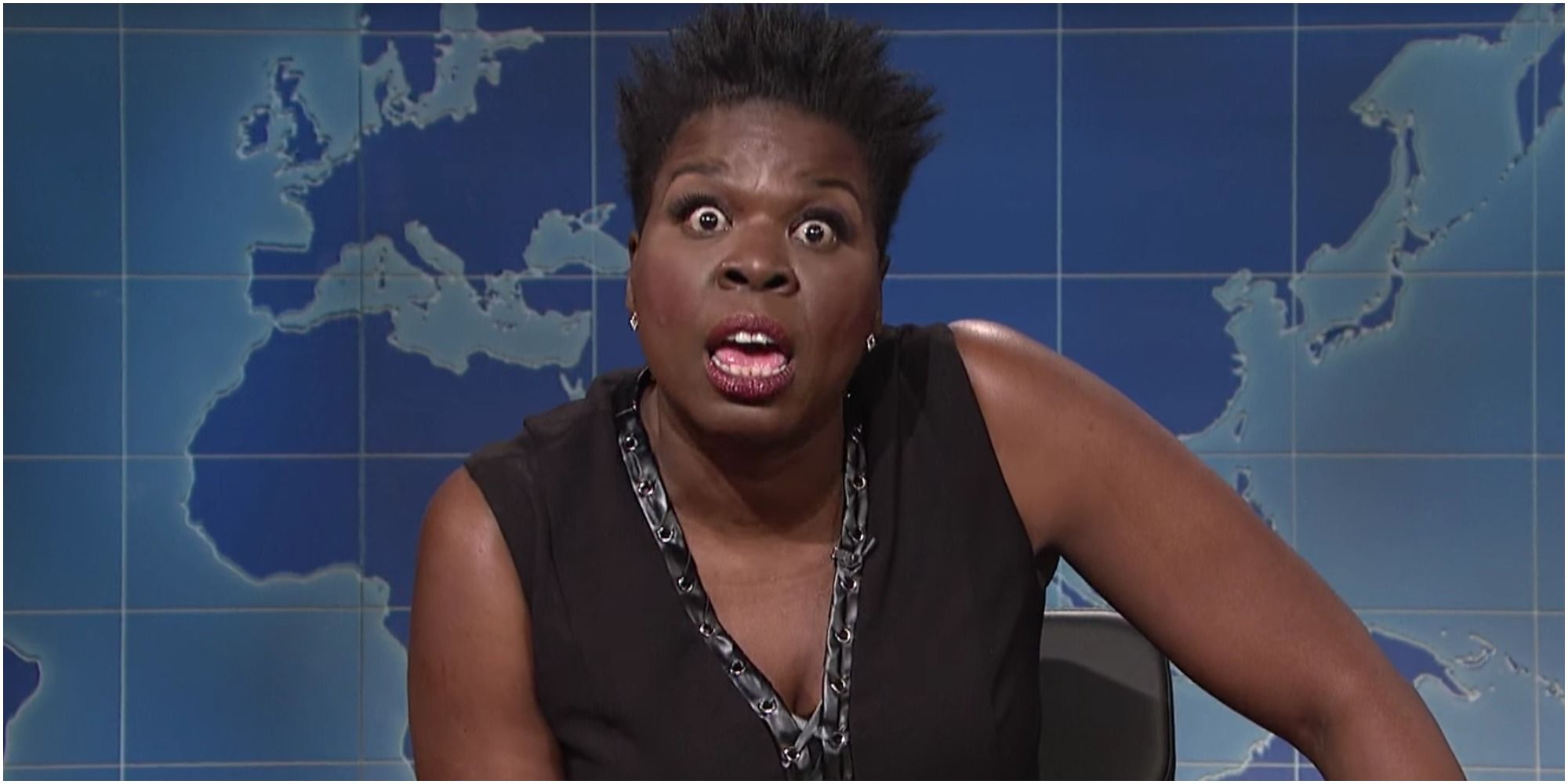Martin Luther King Jr. Day: Survey Reveals Support And Opposition

Table of Contents
Overwhelming Support for Martin Luther King Jr. Day
The survey indicated a resounding endorsement of Martin Luther King Jr. Day, with 92% of respondents expressing support for the holiday and its continued observance. This widespread support transcends geographical boundaries and demographic divisions, although some variations exist. Support was particularly strong among younger generations (18-35) and African American respondents, but even within older demographics and other racial groups, support remained significantly high.
- Specific Survey Data: 92% of respondents favored retaining Martin Luther King Jr. Day as a federal holiday. This figure consistently remained above 85% across all age groups and regions surveyed.
- Reasons for Support: The most frequently cited reasons for supporting the holiday included honoring Dr. King's legacy as a champion of civil rights and using the day as an opportunity for national reflection on social justice issues, including racial equality, poverty, and human rights. Many respondents valued the opportunity for community engagement and educational programs surrounding the holiday.
- Quotes from Survey: One respondent stated, "Martin Luther King Jr. Day is a vital reminder of the ongoing struggle for equality and a call to action for us all." Another added, "It's a day to remember his sacrifices and recommit ourselves to his dream of a more just society."
Understanding Opposition to Martin Luther King Jr. Day (and its causes)
Despite the overwhelmingly positive response, the survey revealed a small percentage (8%) of respondents who opposed or expressed ambivalence towards Martin Luther King Jr. Day. While the reasons for this opposition were varied, they often stemmed from misunderstandings or misrepresentations of Dr. King's life and work.
- Specific Survey Data: 8% of respondents either opposed the holiday or expressed indifference, with a further 2% stating they were unsure.
- Categorizing Reasons for Opposition: Opposition was primarily categorized into: political disagreements (often centered on interpretations of Dr. King's views on specific political issues); historical revisionism (attempts to downplay or distort the significance of the Civil Rights Movement); and misconceptions about Dr. King's beliefs and actions.
- Addressing Misconceptions: Common misconceptions included misrepresenting Dr. King's stance on non-violent protest or focusing solely on aspects of his life that contradict the overall message of peace and equality. It is crucial to counter these misrepresentations with accurate historical information and contextualized understanding. Counterarguments should highlight the broad spectrum of Dr. King's work and the enduring relevance of his message of love, justice, and equality.
The Importance of Education and Understanding Surrounding Martin Luther King Jr. Day
The survey results underscore the critical role of education in fostering accurate and informed perspectives on Martin Luther King Jr. and the Civil Rights Movement. A comprehensive understanding of the historical context is essential to appreciating the depth and complexity of Dr. King's contributions.
- Improving Education: Educational programs should prioritize: providing accurate historical accounts of the Civil Rights Movement; exploring the complexities of Dr. King's leadership and message; promoting critical thinking skills to evaluate different perspectives; and encouraging open and respectful dialogue about difficult historical events.
- Critical Thinking and Factual Accuracy: Discussions about Dr. King and the Civil Rights Movement must be grounded in factual accuracy, promoting critical thinking to combat misinformation and biased narratives.
- Resources for Learning: Numerous resources exist to deepen understanding of Martin Luther King Jr. and the Civil Rights Movement including reputable historical archives, documentaries, academic journals, and biographies. These should be actively promoted and made accessible to the public.
The Future of Martin Luther King Jr. Day and its Continued Relevance
Martin Luther King Jr.'s message of equality, justice, and peace remains profoundly relevant in contemporary society. His legacy continues to inspire activism and social change movements striving for racial justice, economic equality, and human rights.
- MLK's Legacy in Modern Activism: The ongoing fight for racial equality, police reform, and economic justice draws direct inspiration from Dr. King's teachings and activism, demonstrating the enduring potency of his ideas. Current social justice movements often cite Dr. King's philosophy of nonviolent resistance and his unwavering commitment to social change.
- The Ongoing Struggle: The persistence of systemic racism and social injustice highlights the unfinished work of the Civil Rights Movement and underscores the continued need for reflection, action, and commitment to Dr. King's vision.
- Call to Action: This Martin Luther King Jr. Day, let us recommit ourselves to understanding his legacy and working towards a more just and equitable society. The fight for equality is ongoing and requires continued vigilance, education, and action.
Reflecting on the Significance of Martin Luther King Jr. Day
This survey demonstrates overwhelming support for Martin Luther King Jr. Day, reaffirming its importance as a national holiday. While a small segment of opposition exists, primarily rooted in misunderstandings and misinformation, the broad consensus reflects the enduring legacy and continuing relevance of Dr. King’s work. To truly honor his memory, we must strive to understand the historical context of his life and times, combat misinformation, and continue the fight for social justice. This Martin Luther King Jr. Day, let's recommit ourselves to understanding his legacy and working towards a more just and equitable society. Learn more about the life and work of Martin Luther King Jr. and find ways to participate in events honoring his memory.

Featured Posts
-
 Donald Trumps Taylor Swift Announcement Magas Reaction
May 18, 2025
Donald Trumps Taylor Swift Announcement Magas Reaction
May 18, 2025 -
 Kahnawake Casino Lawsuit 220 Million Claim Against Mohawk Council And Grand Chief
May 18, 2025
Kahnawake Casino Lawsuit 220 Million Claim Against Mohawk Council And Grand Chief
May 18, 2025 -
 Taylor Swifts Eras Tour An In Depth Look At Her Stage Wardrobe
May 18, 2025
Taylor Swifts Eras Tour An In Depth Look At Her Stage Wardrobe
May 18, 2025 -
 Swift Takes Legal Action Kanye Wests Explicit Lyrics Face Court Challenge
May 18, 2025
Swift Takes Legal Action Kanye Wests Explicit Lyrics Face Court Challenge
May 18, 2025 -
 Roucou Hong Kongs Innovative Cheese Focused Omakase Restaurant
May 18, 2025
Roucou Hong Kongs Innovative Cheese Focused Omakase Restaurant
May 18, 2025
Latest Posts
-
 Today Show Viewers Demand Permanent Change After Jenna Bush Hager Segment
May 18, 2025
Today Show Viewers Demand Permanent Change After Jenna Bush Hager Segment
May 18, 2025 -
 Analysis Trumps 30 Tariffs On China Remain Until Late 2025
May 18, 2025
Analysis Trumps 30 Tariffs On China Remain Until Late 2025
May 18, 2025 -
 Trumps China Trade Policy 30 Tariffs Extended To Late 2025
May 18, 2025
Trumps China Trade Policy 30 Tariffs Extended To Late 2025
May 18, 2025 -
 Jenna Bush Hager Fans Call For Permanent Today Show Change
May 18, 2025
Jenna Bush Hager Fans Call For Permanent Today Show Change
May 18, 2025 -
 Ope Partners Welcomes Snl Alumna Leslie Jones
May 18, 2025
Ope Partners Welcomes Snl Alumna Leslie Jones
May 18, 2025
